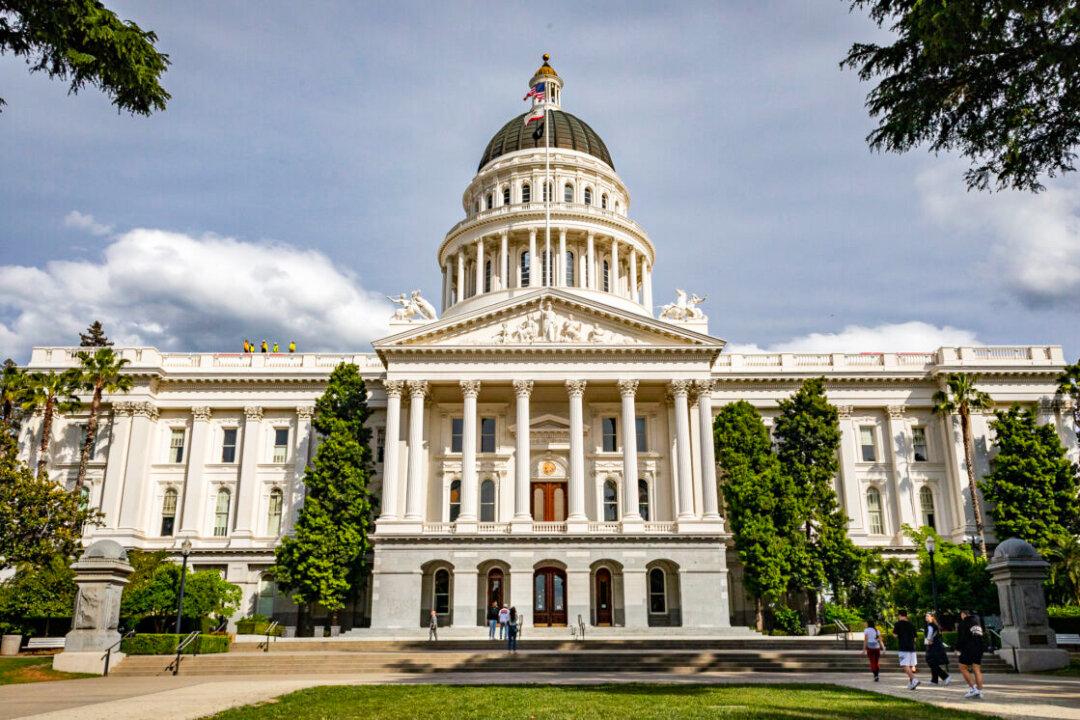California state senators recently advanced a bill that aims to discourage newly-elected school board majorities from terminating their head administrators—just months after two Southern California school boards opted to fire superintendents just weeks after they took office.
State Senate Bill 494 would require board members to wait a minimum of 30 days after they are sworn in to terminate a superintendent or assistant superintendent—and would require the board to take such an action during its scheduled regular meetings instead of calling a special meeting 24 hours in advance.





